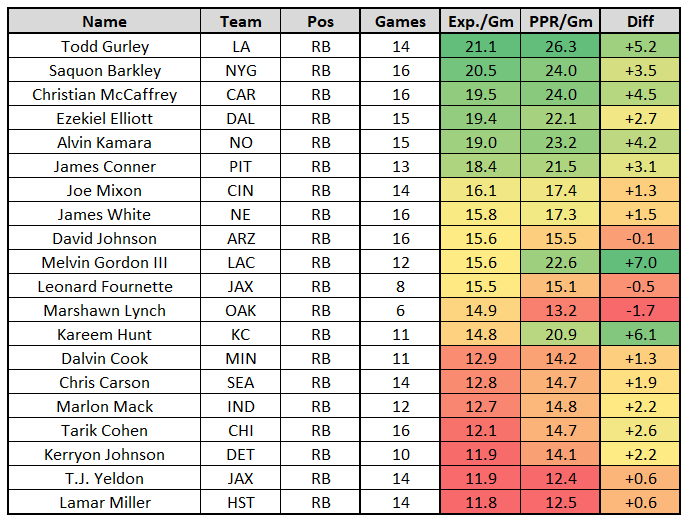
The way the brain handles metaphors has also received extensive study some scientists have contended that figures of speech like “a rough day” are so familiar that they are treated simply as words and no more. When subjects looked at the Spanish words for “perfume” and “coffee,” their primary olfactory cortex lit up when they saw the words that mean “chair” and “key,” this region remained dark. In a 2006 study published in the journal NeuroImage, researchers in Spain asked participants to read words with strong odor associations, along with neutral words, while their brains were being scanned by a functional magnetic resonance imaging (fMRI) machine.


Words like “lavender,” “cinnamon” and “soap,” for example, elicit a response not only from the language-processing areas of our brains, but also those devoted to dealing with smells. What scientists have come to realize in the last few years is that narratives activate many other parts of our brains as well, suggesting why the experience of reading can feel so alive. Researchers have long known that the “classical” language regions, like Broca’s area and Wernicke’s area, are involved in how the brain interprets written words. Stories, this research is showing, stimulate the brain and even change how we act in life. But new support for the value of fiction is arriving from an unexpected quarter: neuroscience.īrain scans are revealing what happens in our heads when we read a detailed description, an evocative metaphor or an emotional exchange between characters.

AMID the squawks and pings of our digital devices, the old-fashioned virtues of reading novels can seem faded, even futile.


 0 kommentar(er)
0 kommentar(er)
